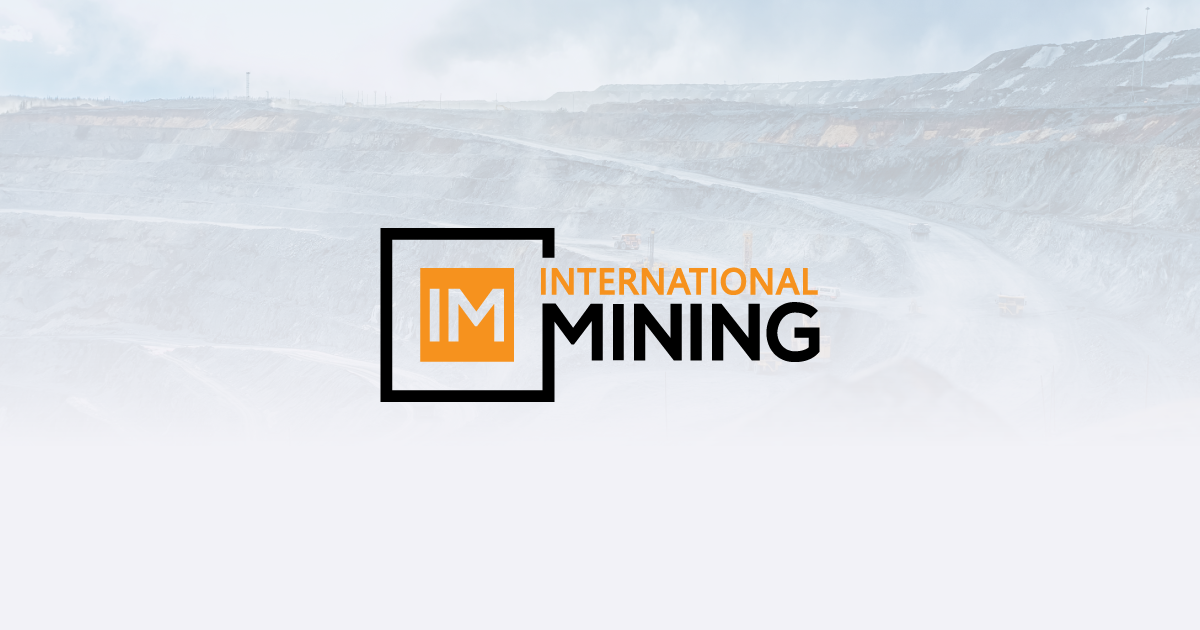LithiumBank Resources Corp. [LBNK-TSXV, LBNKF-OTCQX, HT9-FSE] has released an updated NI-43-101-compliant resource estimate for its Park Place Lithium Brine project in west-central Alberta.
The move comes after the company made strategic reductions in its total holdings (footprint) of brine hosted mineral licenses (BHML) at Park Place in an effort to focus on areas that have the highest potential rates of brine production based on three-dimensional static reservoir modelling. The updated BHML holdings for Park Place consist of 226,683 hectares for a total of 15.08 million tonnes of inferred Lithium Carbonate Equivalent (LCE) at a grade of 80.0 mg/L lithium. The updated BHML position reduces the company’s annual licensing fees by $821,468.
The updated resource compares with an earlier estimate of 21.7 million tonnes of inferred LCE at a grade of 80.2 mg/L lithium, dated June 24, 2024.
LithiumBank shares on Friday eased 4.2% or $0.;01 to 23 cents. The shares trade in a 52-week range of 90 cents and 20.5 cents.
LithiumBank is a company that is focused on developing a large portfolio of deep brine lithium projects in western Canada.
The company’s overall goal is to capitalize on the expected rise in demand for lithium – a key ingredient in the production of lithium-ion batteries – by providing de-risked, construction-ready direct lithium brine projects to major developers.
LithiumBank said Park Place continues to be one of the largest lithium carbonate equivalent (LCE) inferred mineral resource in North America. In addition to a very large resource, Park Place has the second highest recorded lithium-in-brine- grade used in a NI-43-1011-compliant inferred lithium resource estimate in Alberta at 80.0 mg/L lithium. It ranks second only to the company’s Boardwalk lithium brine project.
In its latest press release, the company said it has focused on maintaining the core Park Place asset where the Leduc formation and Swan Hills formations are stacked and offer the most favourable potential for long-term lithium-rich brine production. No additional technical data has been collected or identified and thus the reduction in the resource estimate is purely due to the reduced footprint of the BHMLs. The company elected not to renew approximately 50% of the Park Place BHMLs, based on reservoir quality, and potential production capacity, totalling 234,705 hectares of BHMLs that have now expired. The company now holds a strategic position of 226,683 hectares at Park Place. The company also allowed the non-core portion, approximately 50% of the Peach Lithium brine project to expire.
Park Place bulk brine collection (35,000L) returned >95% lithium recovery and over 99% impurity removal from the direct lithium extraction pilot testing.




